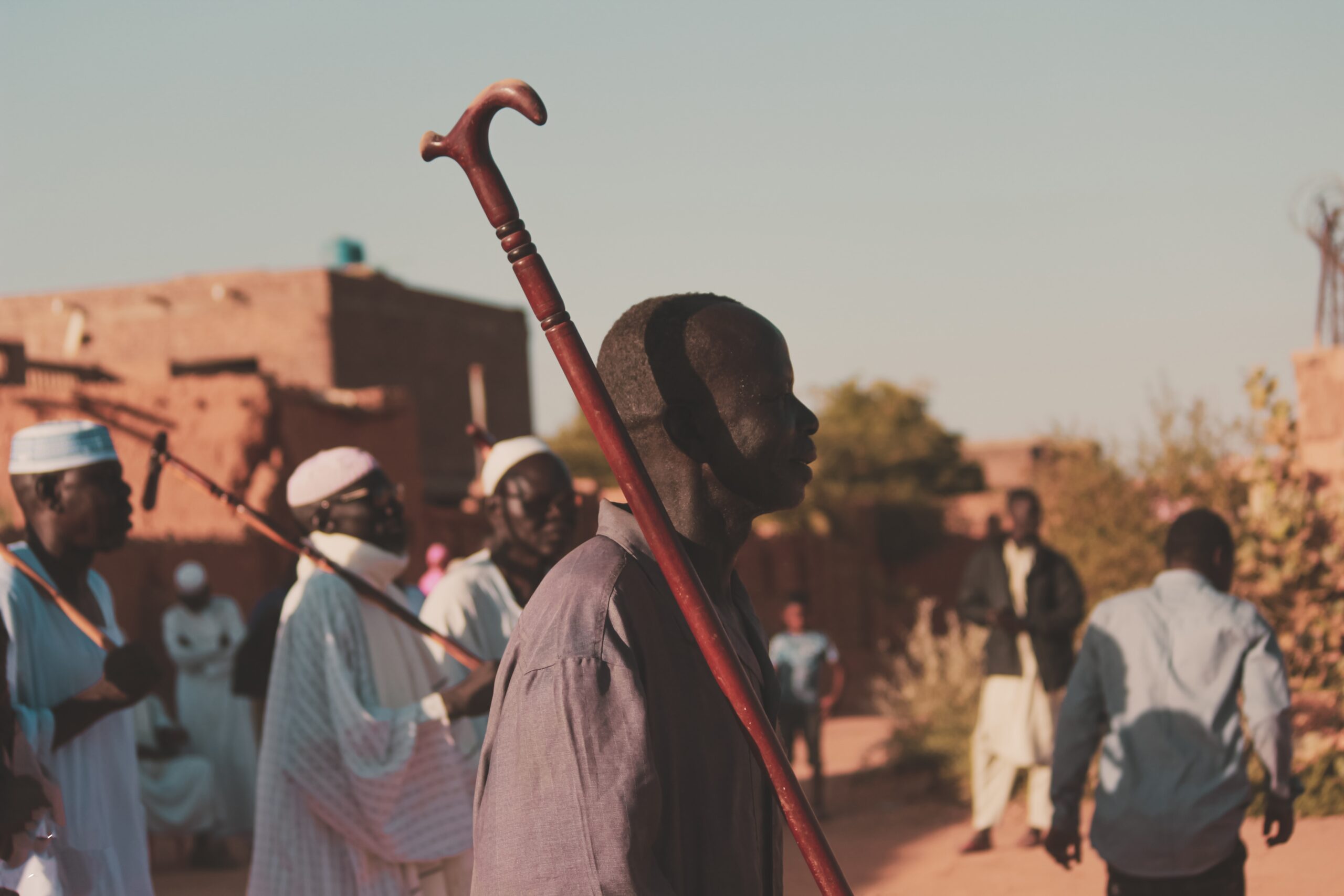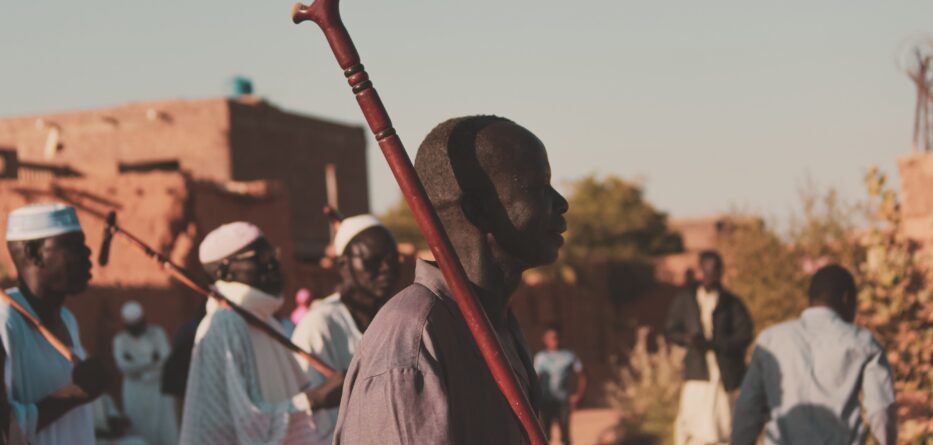

Credit: Unsplash
The Complex Conflict in Sudan: Widespread Violence and Humanitarian Consequences
The recent conflict in Sudan, which began on April 15, has resulted in widespread violence and death. The fighting was triggered by the redeployment of Rapid Support Forces (RSF) members around the country, which the army saw as a threat. Although there were hopes that talks could resolve the situation, these did not occur, and the conflict rapidly escalated in various parts of the country. The World Health Organization reports that over 400 civilians have died in the violence.
While the conflict appears to be focused on controlling key installations, much of the fighting occurs in urban areas, causing civilians to become unwitting victims. It is not entirely clear where the RSF bases are located, but it appears that their fighters moved into densely populated areas. The Sudanese air force has also launched air strikes in the capital, Khartoum, home to over six million people, leading to civilian casualties.
The Sudanese military’s involvement in the country’s politics goes back to the ousting of long-serving President Omar al-Bashir in 2019, who had been in power since he led a coup in 1989. Following mass protests calling for an end to his three-decade rule, the military removed him from power, and a joint military-civilian government was established. However, the military overthrew the government in another coup in October 2021, led by Gen Burhan, intensifying the rivalry between him and Gen Dagalo.
Nigerian students in Sudan seen with their luggage waiting to be evacuated.
— YabaLeftOnline (@yabaleftonline) April 25, 2023
In December 2021, a framework deal was agreed upon to put power back in the hands of civilians. Still, talks to finalize the details have failed, leading to further unrest and instability in the country. The conflict has had severe humanitarian consequences, with widespread violence and displacement affecting many Sudanese citizens.
The fighting in Sudan is a complex issue that involves political power struggles, ethnic and tribal tensions, economic struggles, and social divisions. To resolve the conflict and ensure long-term stability in the country, addressing these underlying issues and working toward a peaceful resolution prioritizing the well-being and safety of all Sudanese citizens will be crucial.
Elon Musk Takes on Microsoft Over Twitter
Final Destination 6 Announced at CinemaCon!
-
Iranian authorities have confirmed that President Ebrahim Raisi and seven other officials were killed in a helicopter crash on...
-
As the United States continues its support for Ukraine, FBI officials are closely monitoring the possibility of increased Russian...
-
Presight, an Abu Dhabi-based artificial intelligence firm, has finalized the acquisition of a 51% stake in AIQ, a prominent...
-
The city of Dubai is reeling from the aftermath of historic torrential rains that inundated the desert metropolis, leading...
-
Plans for Neom’s ambitious “The Line,” a zero-carbon city in Saudi Arabia, have been revised, scaling back its initial...
-
In a significant escalation of the ongoing dispute over misinformation, Brazil Supreme Court Justice Alexandre de Moraes has initiated...
-
Mumbai Takes the Throne for the Most Billionaires in Asia In a historic milestone, Mumbai has overtaken Beijing to...
-
French President Emmanuel Macron emphasized the need for Western powers to remain vigilant in the face of the Ukraine...
-
The Philippines has strongly denounced what it described as “unprovoked acts of coercion and dangerous maneuvers” by China in...
-
As Moscow Prepares to Bid Adieu, Navalny’s Funeral Raises Uncertainties and International Allegations The spokesperson for Alexei Navalny has...
-
On the two-year anniversary of the ongoing conflict between Ukraine and Russia, there is much to reflect upon. Since...
-
The Office for National Statistics (ONS) released official figures on Wednesday, revealing that the United Kingdom posted a record...




















